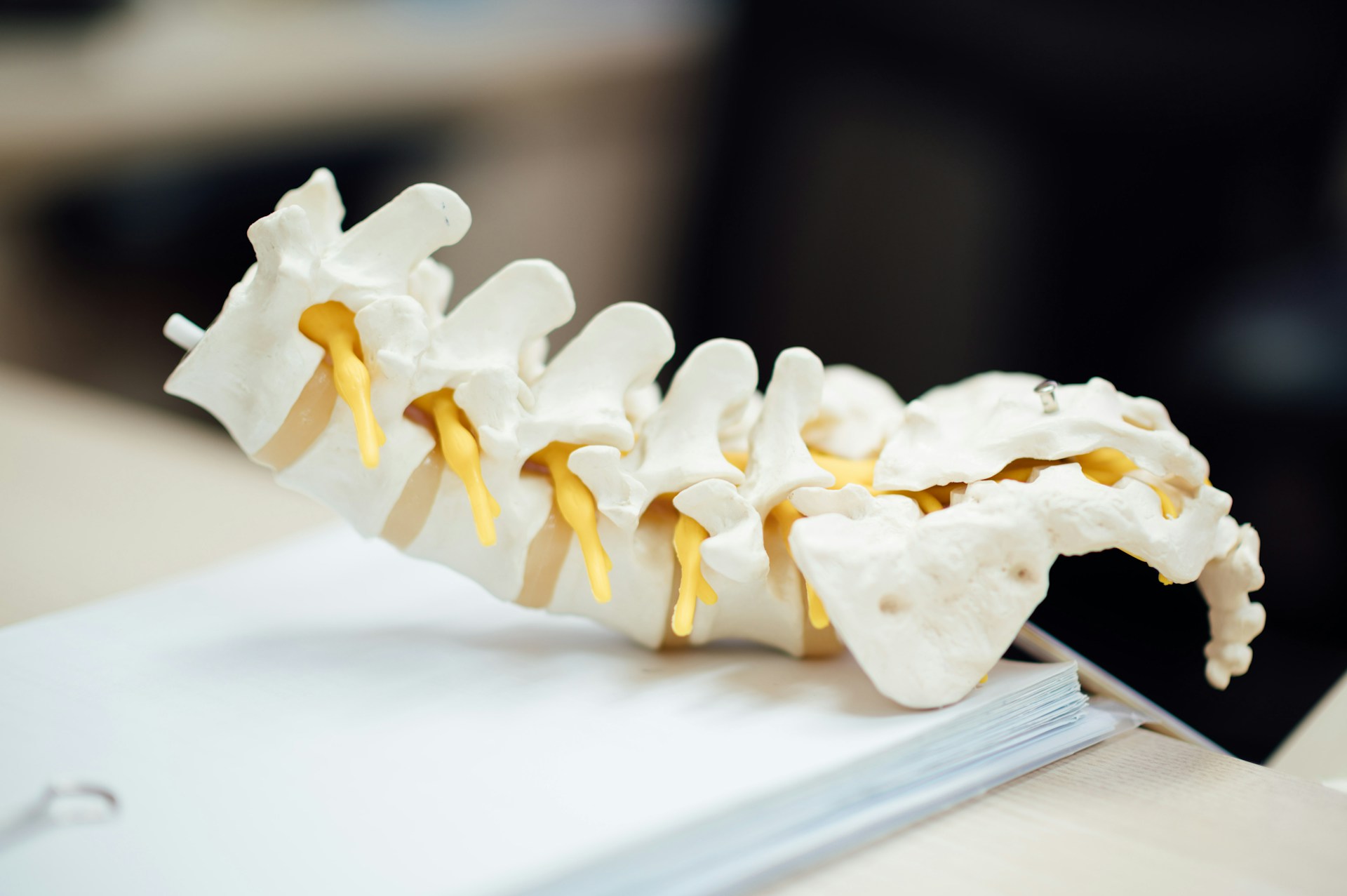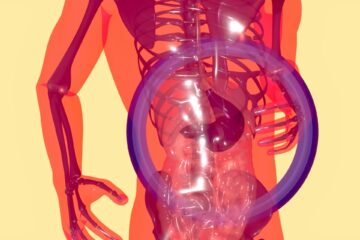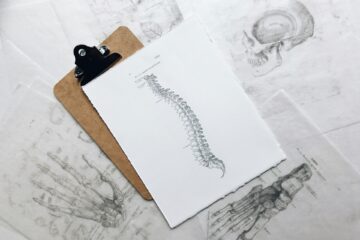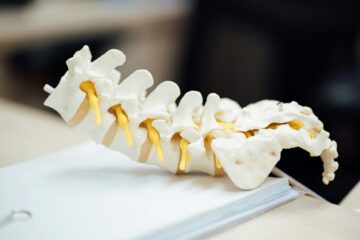
Exploring the Side Effects of Microdiscectomy Surgery: What You Need to Know
Microdiscectomy is a minimally invasive surgical procedure used to treat herniated discs in the spine. It aims to relieve pressure on the spinal nerves by removing the portion of the disc that is causing discomfort. While this surgery can provide significant relief from back pain and related symptoms, it’s essential to be aware of the potential side effects and complications. This guide will help you understand what to expect and how to manage these effects effectively.
What is Microdiscectomy?
Microdiscectomy is a procedure performed through a small incision to remove a herniated disc fragment pressing on a spinal nerve. It is often recommended for patients experiencing severe leg pain (sciatica) or weakness due to a herniated disc that hasn’t responded to conservative treatments.
Common Side Effects
- Pain and Discomfort
- Surgical Site Pain: It’s normal to experience some pain or discomfort at the incision site. This typically resolves within a few weeks as the incision heals.
- Postoperative Back Pain: Some patients may continue to experience back pain after surgery, although it is often less severe than pre-surgery pain.
- Swelling and Bruising
- Localized Swelling: Swelling around the surgical area is common and usually subsides over time. Managing swelling with prescribed medications and applying ice packs can help.
- Muscle Weakness
- Temporary Weakness: You may experience temporary muscle weakness in the legs or back. Physical therapy and rehabilitation exercises can aid in regaining strength and mobility.
- Numbness and Tingling
- Residual Sensations: Numbness or tingling in the legs or feet might persist post-surgery. This usually improves as the nerve heals, but some residual symptoms can remain in rare cases.
Potential Complications
- Infection
- Risk of Infection: As with any surgical procedure, there is a risk of infection at the incision site. Keeping the area clean and following post-operative care instructions can minimize this risk.
- Spinal Fluid Leak
- Leakage: Occasionally, a spinal fluid leak can occur, leading to headaches and other symptoms. Most cases resolve with conservative treatment, but severe leaks may require additional intervention.
- Nerve Injury
- Injury Risk: While rare, there is a risk of nerve injury during the procedure, which could lead to persistent pain or sensory changes. Early intervention and follow-up care are crucial for addressing these issues.
- Recurrent Disc Herniation
- Possibility of Recurrence: There is a possibility that the disc could herniate again in the future. Adhering to post-operative guidelines and lifestyle adjustments can help reduce this risk.
Managing Side Effects
- Pain Management
- Follow your surgeon’s recommendations for pain management, which may include medications and lifestyle modifications.
- Rehabilitation and Physical Therapy
- Engaging in physical therapy as recommended can help improve mobility, strengthen the back and core muscles, and alleviate discomfort.
- Lifestyle Adjustments
- Adopting a healthy lifestyle, including proper posture, regular exercise, and weight management, can support recovery and prevent future issues.
- Regular Follow-Ups
- Attending all scheduled follow-up appointments is essential for monitoring recovery and addressing any concerns promptly.
When to Seek Medical Attention
- Severe Pain or Fever: If you experience intense pain, fever, or signs of infection (e.g., redness, swelling, discharge), contact your healthcare provider immediately.
- Persistent Symptoms: If numbness, tingling, or weakness persist or worsen, it’s important to consult your surgeon for further evaluation.
Conclusion
Microdiscectomy can offer significant relief for those suffering from herniated discs, but being informed about potential side effects and complications is essential. By understanding what to expect and how to manage these effects, you can better navigate your recovery journey. Always follow your healthcare provider’s advice and seek prompt medical attention if any concerning symptoms arise.
For personalized guidance and to discuss any specific concerns, consult with your spine specialist or surgeon.




